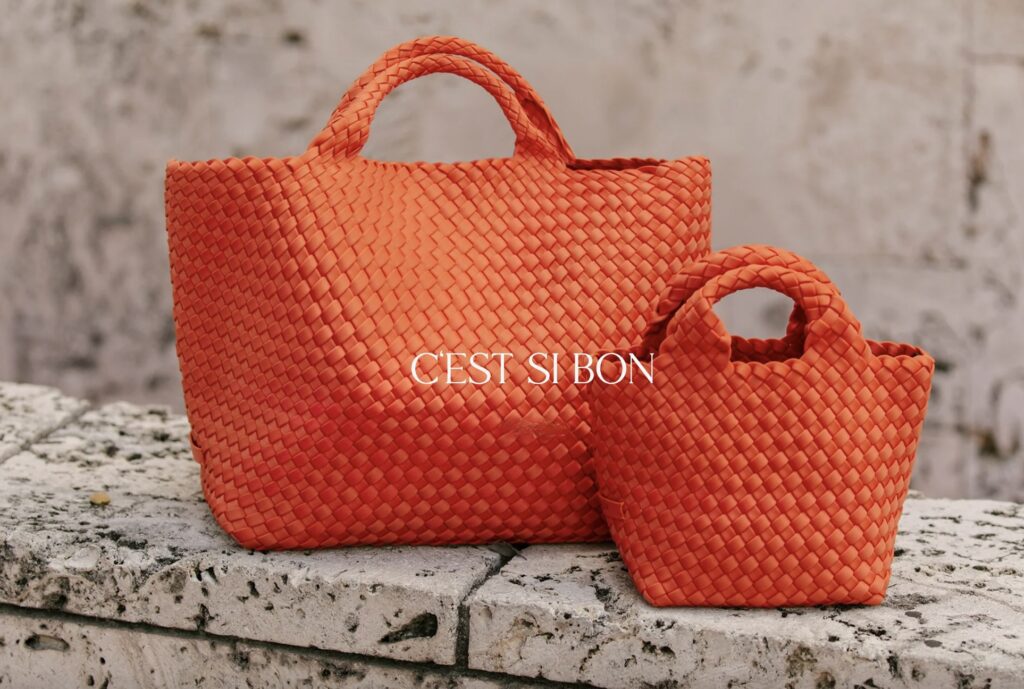image:
Can you legally take apart authentic pieces of jewelry and sell the individual components? That was the question at the center of a recently-decided case before the UK’s Intellectual Property Enterprise Court, which pitted Nomination – which found fame amongst U.S. consumers back in the early 2000s with its modular, customizable charm bracelets – against JSC Jewellery over the latter’s practice of buying Nomination bracelets, taking them apart, and selling the individual links alongside its own copycat products on its e-commerce site.
When Nomination got wind of JSC’s actions, it filed suit, pointing to Article 7 of the Trade Marks Directive, and alleging that – among other things – JSC’s sale of individual authentic Nomination links ran afoul of its trademark rights. In its complaint, Sesto Fiorentino, Italy-based Nomination asked the court to permanently ban JSC from selling its products in this way.
According to the EU’s Trade Marks Directive, “It follows from the principle of free movement of goods that a trademark [holder] should notbe entitled to prohibit its use by a third party in relation to goods which have been put into circulation in the [EU] … by [the trademark holder] or with its consent.” An exception to that rule? If the trademark holder has “legitimate reasons to oppose” such use.
In the case at hand, the court was unwilling to find that Nomination did not consent to the presence of the individual bracelet links in the market, as the brand failed to formally prohibit its authorized retailers from selling individual links. More than that, the court determined that Nomination could not object to its bracelets being disassembled by purchasers, since a consumer’s ability to add and remove links to fully customize her bracelet is at the core of the appeal and function of the bracelets, which further chipped away at Nomination’s lack of consent argument.
Given Nomination’s failure to establish a lack of consent, the court turned its attention to whether Nomination had any “legitimate reasons to oppose” the individual sale of the links by JSC. To this, the bracelet company asserted a number of concerns, most significantly that it sold its bracelets and links in high quality packaging, while JSC was selling them in plain plastic packaging.
The court decided that the upscale packaging that Nomination used for its bracelets was an integral part of its efforts to conveyed a luxury brand image to consumers, which bolsters the reputation and value of its trademark-protected name and its brand as a whole. With that in mind, the court stated that by offering up Nomination’s products in low quality packaging, JSC was likely to damage Nomination’s carefully-created and maintained reputation, which it found to be a “legitimate reason” for the opposition of such sales.
The decision from the court is “confirmation that the right to resell branded goods is not [without limitation,” according to Louisa Dixon, a partner at Taylor Vinters LLP, who specializes in intellectual property and brand protection. The decision, she states, “will be welcomed by brand owners, particularly owners of luxury brands, as a further example of circumstances in which they may be able to oppose the resale of their goods.”
It will prove interesting to see if this decision is used by brands to extend to the sale of authentic individual watch parts. Rolex, for instance, is notoriously protective of the parts that go into its timepieces, especially since the Swiss brand considers otherwise authentic watches that have been supplemented with non-Rolex parts to be entirely counterfeit, which has given rise to an array of litigation against jewelers and individual sellers, alike.
As for what may be the biggest question of all here: will Nomination’s bracelets have a resurgence in popularity now that all things nostalgia are back, if 90’s sportswear staples, grunge throwbacks (a la Marc Jacobs), bucket hats, and fanny packs are any indication, it seems like there just might be a chance.











